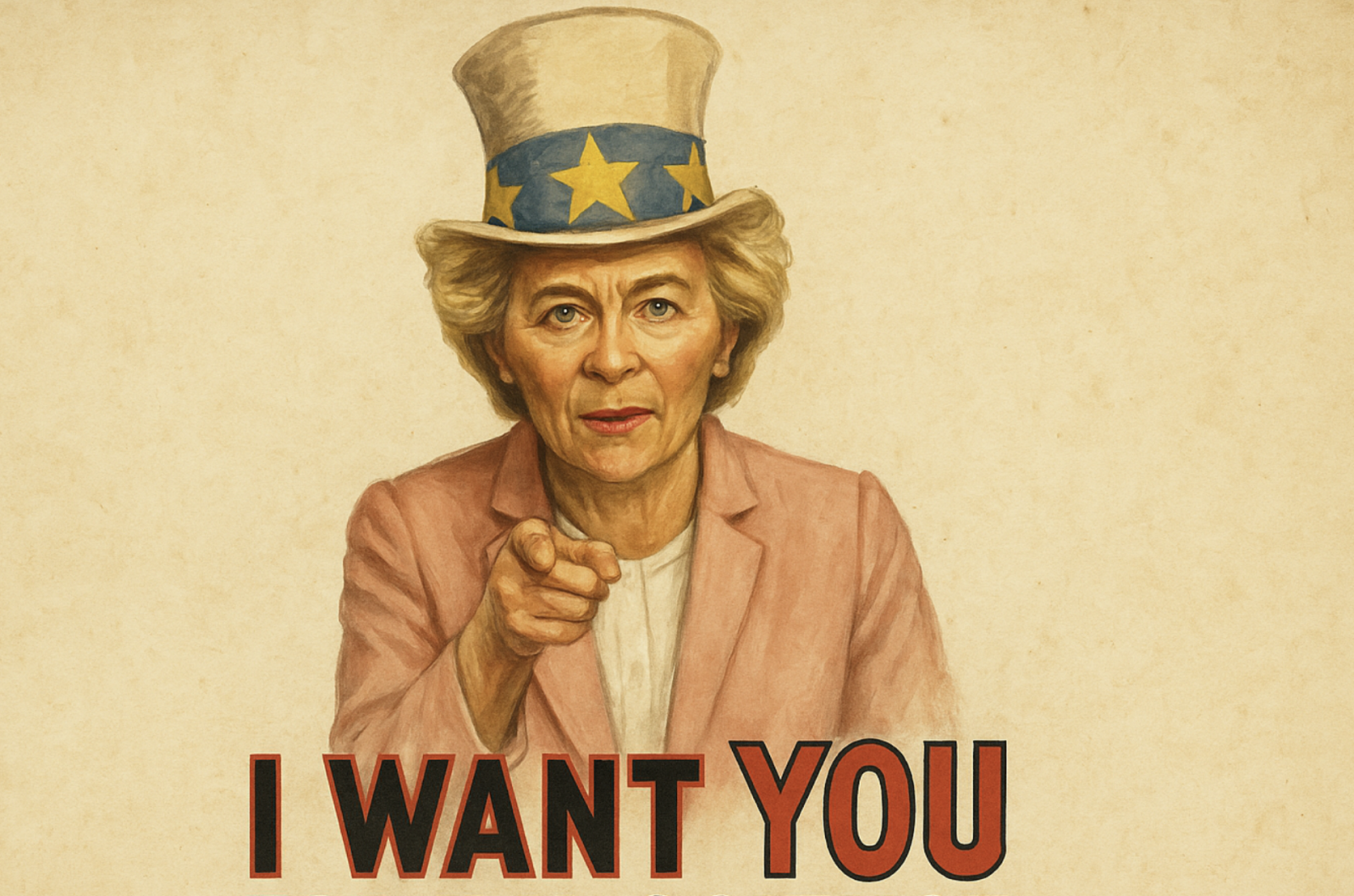Il Workshop del Progetto MISSION si svolgerà nei giorni 7 e 8 Settembre 2015 presso il Liceo Filzi di Rovereto (Trento).
Il workshop è riservato alla dozzina di insegnanti di tutta Italia che sono coinvolti con il ruolo di sperimentatori del progetto.
Durante il workshop oltre verranno mostrati per la prima volta i kit-MISSION realizzati in questi mesi in collaborazione con il FabLab del MUSE di Trento. Inoltre verranno distribuite le unità didattiche elaborate dal progetto e necessarie per la sperimentazione con le classi coinvolte, nonchè tutte le informazioni utili per lo svolgimento delle fasi successive di valutazione.


